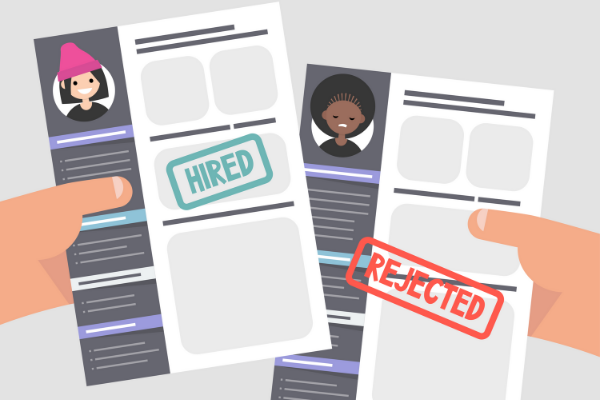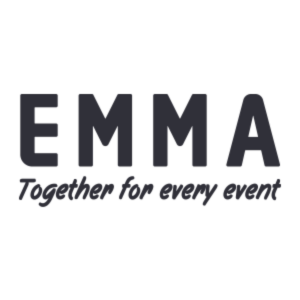Insights
INSIGHTS
All Topics
My Account
What is inclusive marketing (and why should charities be doing it)?
31 Aug 2020by Raabia Fazil
We explore what inclusive marketing means for the charity sector
As the increased spotlight on inclusion continues to dismantle the barriers affecting people across the population, we explore what inclusive marketing is and why charities should be doing it.
In many ways, charities already embrace the power of marketing, as a vital part of raising awareness and funds. Examining the concept of inclusive marketing can help enrich existing practices and deepen connections with supporters.
Seeing is believing
Inclusive marketing is about reflecting all the diverse people engaging with your content. As a process, it seeks to dismantle unconscious bias by amplifying diverse voices and experiences.
The aim is to drive social progress through respectful content. Inclusive marketing sets out to connect with people from all backgrounds. It removes barriers to visibility by working with people traditionally underrepresented within conventional marketing.
By widening the scope of your marketing, and increasing the diversity of representation of those featured in your content, you can build a more inclusive marketing approach.
Organisations have a responsibility to consider the messages and values associated with their brands as the landscape shifts and traditional barriers across society start to dissolve. New research from salesforce indicates that 90% of customers think organisations have a duty to improve society. Charities should be leading the line on these issues.
Universal values
Inclusive marketing is often based on universal values such as love, safety or universal stories about growing and overcoming struggles.
It sets out to engage with supporters, to build connections and portray diverse people authentically and accurately so that they feel understood.
Such inclusion drives significant loyalty and growth. Inclusive marketing works to include all segments of the population, so that people from all backgrounds can feel respected, considered and understood by the organisation.
The medium is the message
Charity communications need to demonstrate a commitment to all people in society. They should not be exclusive, even when special interests are concerned.
Charities can reach more supporters and ultimately champion more causes by embedding the principles of inclusive marketing into their work. Charities are often the first line of support for people in very difficult situations, facing challenges affecting their health, homes, financial wellbeing and more.
By using the elements of inclusive marketing, charities can reach more donors and service users if these supporters feel authentic connections to the charity’s communications. In this way, inclusive marketing can save charities from missing out on valuable support to deliver their missions.
Setting the standard
As charities seek to drive social progress, dissolve barriers and promote a level playing field for all people, there have been numerous initiatives to set standards for ethical conduct both in the real world and the digital world. Tackling the issues around digital ethics has helped to develop frameworks to promote inclusion. The need for such initiatives has been demonstrated by the impact of racism in the recruitment and daily working life of the sector.
Charities strive to work towards holistic inclusion and ensuring that nobody is left behind, as the impact of exclusion can be devastating. The pandemic has particularly highlighted the need for inclusion across the sector to ensure that vulnerable people have access to the resources that they need to face the challenges of daily life.
Several charities have embraced and demonstrated inclusive marketing, providing a primer for others.
Age UK’s commitment to supporting everyone in later life is clear in their content, across their website and social media channels. Their website illustrates their commitment through content about tech for all older people by using inclusive language and images.
They publish free tech guides for older people focusing on tech tools such as video calls to contact friends and family. They also provide an advice line for all service users, as well as info for carers and family members.
Soundabout, a charity using music to help people with severe learning disabilities, has found greater demand for their work online than offline.
Before COVID-19, the charity helped groups of eight people, with their carers, in face-to-face sessions. They have embraced the power of Facebook Live to reach over 12000 people, vastly increasing their reach and profoundly extending their ability to help people.
Their social media showcases the wide range of people that they have helped. By harnessing the power of inclusive marketing and social media, they have been able to help more people and raise awareness within a growing pool of supporters.
Inclusive marketing can only be realised by embedding inclusion in your charity’s day to day operations. This episode of our podcast focuses on how culture, employability and inclusivity intersect. It discusses the effect of online working and service provision on inclusivity in charities.
More on this topic
Recommended Products
Our Events
Charity Digital Academy
Our courses aim, in just three hours, to enhance soft skills and hard skills, boost your knowledge of finance and artificial intelligence, and supercharge your digital capabilities. Check out some of the incredible options by clicking here.


















